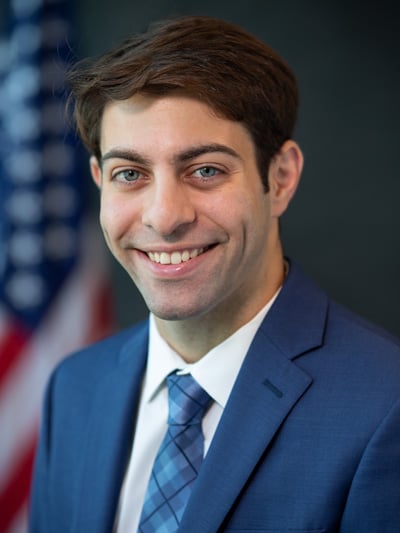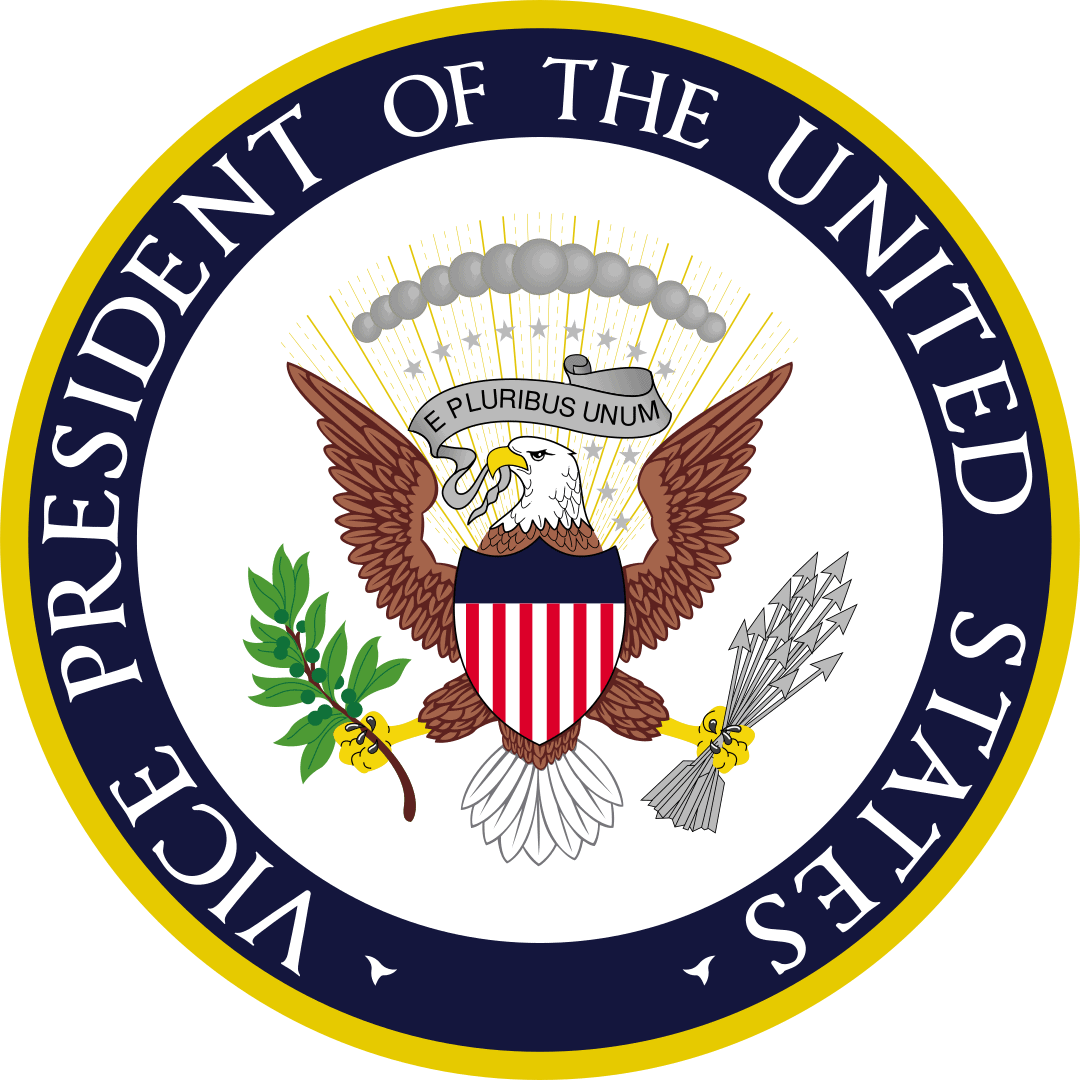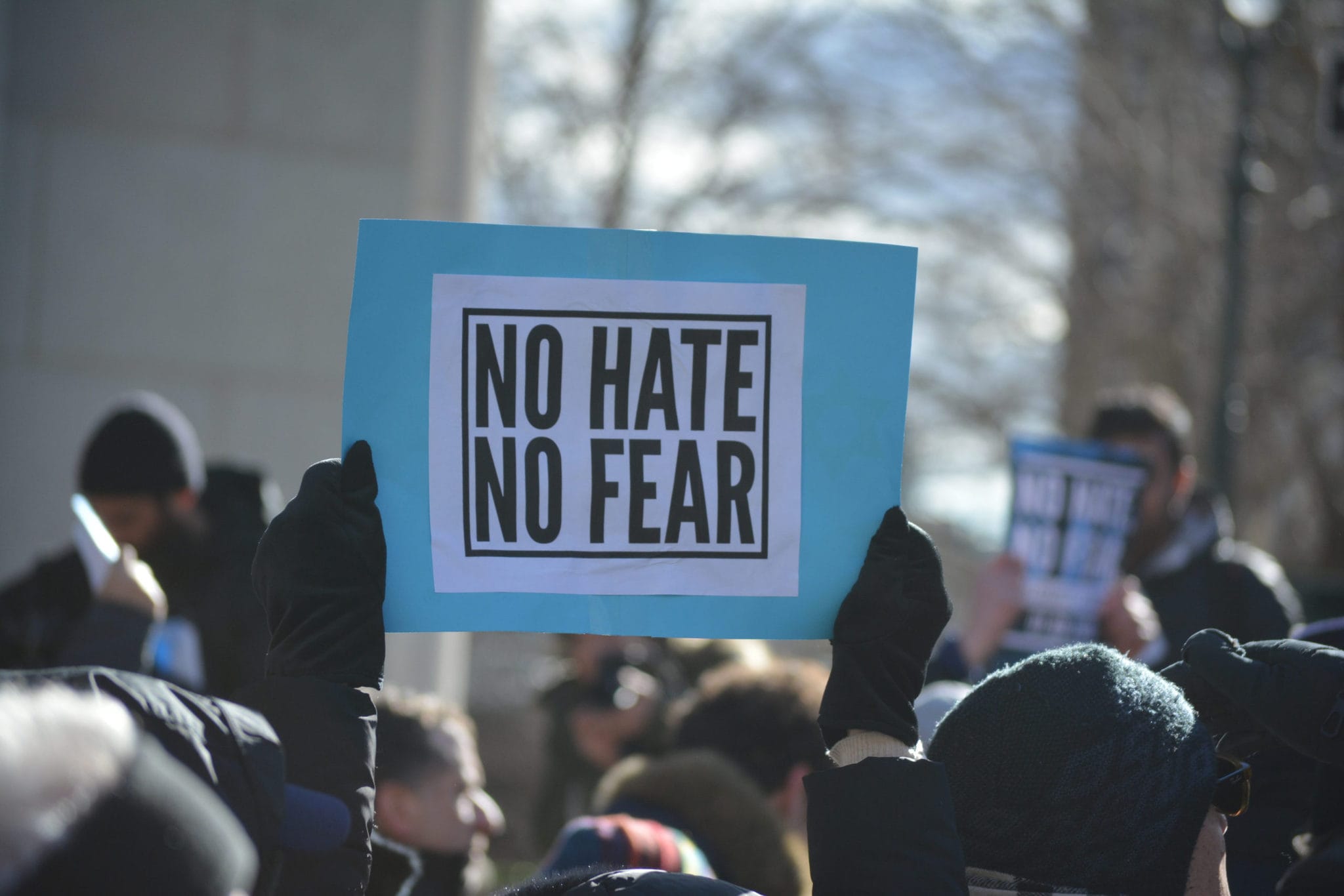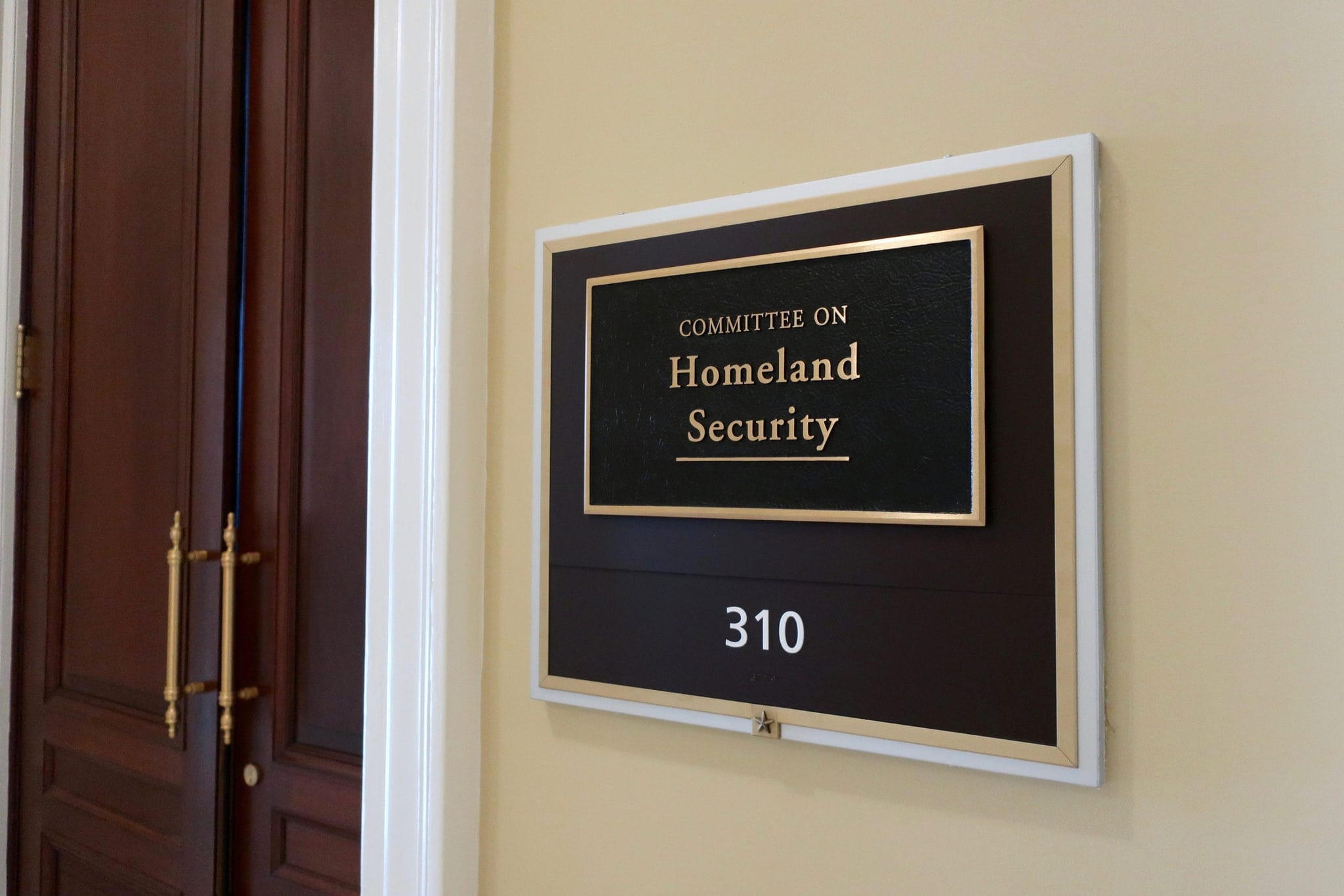Author
On April 19, Walter Mondale passed away at the age of 93. Prior to serving as President Carter’s vice president, President Clinton’s ambassador to Japan, and a U.S. senator from Minnesota for twelve years, Mondale’s first foray into public office came in 1960 when he was appointed Minnesota attorney general. Just two years later, he was elected to the role in his own right as the youngest state attorney general in the country. Like other vice presidents before and after him, Mondale’s time as attorney general proved to be a launching pad for a career in public service that would take him all the way to second in line to the Presidency.
Throughout his four years as Minnesota attorney general, Mondale was considered a leader among his peers. One of the most notable moments of Mondale’s tenure as attorney general was his role in persuading almost half of all state attorneys general in the country to sign an amicus brief supporting the right of counsel for defendants who could not afford their own representation in the landmark Supreme Court case Gideon v. Wainwright. Though the case revolutionized how the legal field handled indigent defendants, it was not the only time as attorney general that Mondale would play a role in establishing long-lasting precedent. Under his leadership, the Minnesota attorney general office led a high-profile investigation into the Sister Elizabeth Kenny Foundation, resulting in the conviction of the foundation’s executive director, former Minneapolis Mayor Marvin Kline, for grand larceny after he illegally diverted fundraising proceeds to his own salary, which nearly quadrupled during his time in the role. In addition to Kline’s conviction, the case resulted in several new laws regulating charities. These actions helped pave the way for the oversight authority many attorneys general have over charitable organizations in their jurisdictions today.
During his time as attorney general, Mondale served on the Executive Committee of the National Association of Attorneys General (NAAG). While reflecting on his time at NAAG years later, Mondale recalled meeting high-ranking officials from the U.S. Department of Justice, including Robert Kennedy. Many of the relationships he formed through NAAG with individuals at the Department of Justice led to life-long friendships and professional partnerships. Many of these connections to the Kennedy administration were made possible by John Reilly. Reilly, who served as NAAG counsel for several years, was subsequently appointed as head of the Executive Office for U.S. Attorneys by Robert Kennedy in 1961 and eventually to the Federal Trade Commission. Reilly became a lifelong advisor to Mondale, recruited Mondale to join his law firm after Carter’s 1980 election loss, and became a central figure in Mondale’s 1984 Presidential campaign.
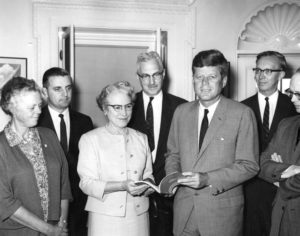
Credit: John F. Kennedy Presidential Library and Museum
As vice president, Mondale represented the Carter administration in appearances at several NAAG meetings. In addition to addressing NAAG on June 20, 1978 during the association’s annual summer meeting, Mondale joined President Carter in hosting the attorneys general at the White House on January 15, 1980. Since 1947, members of NAAG have visited the White House to meet with the president and vice president. One can only imagine that Vice President Mondale might have been remembering his own visit to the Oval Office to meet with President Kennedy as part of the Consumer Advisory Council decades earlier, as the newly elected attorney general of Minnesota, his first position in a long and distinguished career in public service.
More than a half-century later, state attorneys general continue to benefit from Mondale’s legacy. As both vice president and Minnesota attorney general, Walter Mondale paved the way for today’s generation of attorneys general to better engage with federal leaders and continue strong federal-state partnerships. As Minnesota Attorney General Keith Ellison said of Mondale’s life following his passing, “As Minnesota Attorney General, he fought for civil rights and against corruption and was a role model for anyone who cares about using the law for justice. He was the original People’s Lawyer: he once told me that of all the amazing jobs he’d had, being Attorney General was his favorite.”


